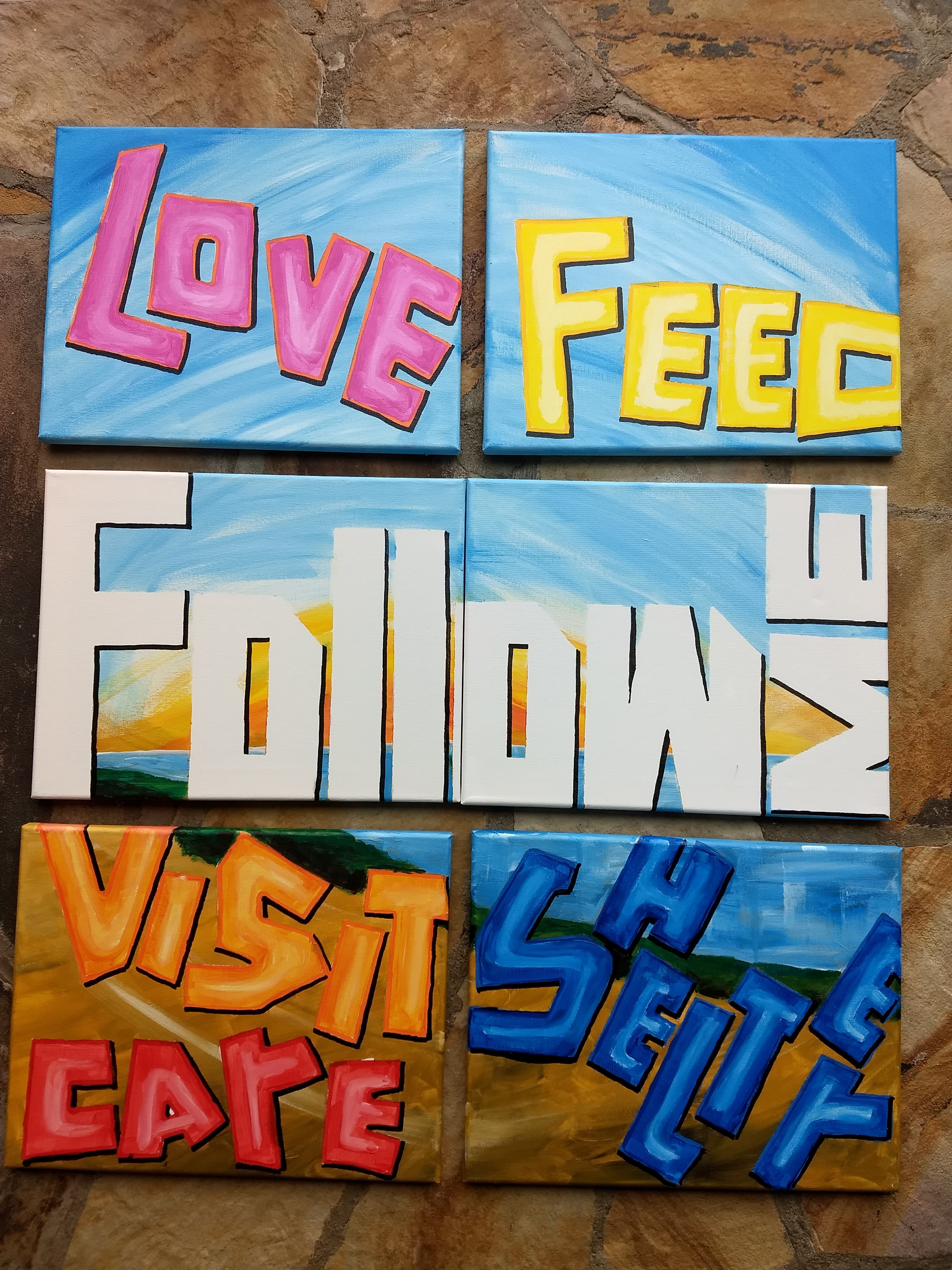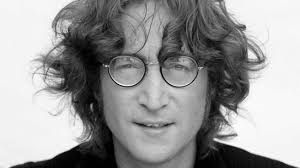Thirteenth Sunday in Ordinary Time
“Whoever loves father or mother more than me is not worthy of me.” Mt. 10:37
A long time ago, I heard a sermon in which the priest made a peculiar, but intriguing statement. It was this:
“Water is thicker than blood.”
He was referring to the question Paul poses in today’s reading from his letter to the Romans:
“Are you aware that we who are baptized into Christ Jesus were baptized into his death? We were buried with him through baptism … so that … we might live in newness of life.”
Matthew, the author of today’s Gospel passage, offers a similar thought with his puzzling and often upsetting assertion that “Whoever loves father or mother more than me is not worthy of me.”
To begin to grasp this, we must consider the time and the place in which Jesus made this claim.
Jewish families in Jesus’ time were controlled by the unquestionable authority of the father. Everyone in the household lived in total submission to him. This kind of domination often led to abuses of one kind or another.
Today’s sacred writings remind us that Jesus and Paul recognized that this notion of family was too small, too narrow, too restrictive. The larger, and far more important reality was the conviction that the waters of baptism can create a new kind of family – a family comprised of people who have discovered that an entirely different style of living is attainable.
This is how the waters of baptism can truly be thicker than blood.
Baptism matters.
And this is what both Jesus and Paul are saying.
Baptism changes us. It calls us to re-think our value system, to re-view what truly counts in life, to re-commit ourselves to what will surely last against all odds.
Our baptism is a marker point. It is an immersion into a life that is out of the ordinary and introduces us to a lifestyle that is wholeheartedly focused on the reality of God.
Since most of us were mere infants when this sacred ceremony took place, it’s important for us as adults to review and to meditate upon the powerful words spoken on our behalf at that time. In doing so, we will be reminded that we were originally “bathed in light,” and given the mission to be “followers and witnesses to the Gospel.”
Ultimately, then, Jesus teaches each of us two things by these very challenging words.
First, Jesus calls us to share his own passion for God. He wants to light a fire that will burn in our hearts just like it did in his. He asks us to not just praise and worship him, but most important of all:
Follow him.
Do as he did. Love what he loved. Be committed to what he was committed to: compassion.
Second, Jesus asks us to join him in creating a new type of family. He wants us to leave behind the kind of family prominent in his time and begin forming a family united by the common desire to do God’s will.
Jesus wants us to become re-baptized, re-immersed in the waters that create a new kind of person.
In doing so, Jesus asks us to re-imagine what “family” can mean – namely, a community of people dedicated to witnessing to the world we live in what life could be like if we were willing to be transformed, changed, re-baptized.
Admittedly, that won’t be easy. It involves stretching us, pulling us out of our small selves, introducing us to something bigger and richer and fuller. It involves taking us to a whole new level of living.
Or, as one writer puts it, the purpose of baptism is to transform us, to change us from being a “spectator Christian standing on the sidelines” into one who is willing to become fully immersed in the water that was poured on our head as an infant.
The water that is “thicker than blood,” and in which “we might live in newness of life.”
Ted Wolgamot, Psy.D.
NOTE: Last week, the Poor People’s Campaign: A National Call for Moral Revival held the Moral Poverty Action Congress in Washington, D.C. Its purpose was to “address the death by poverty that is devastating our nation.” Poverty is reportedly the “4th leading cause of death in the United States: more than accidents, strokes and gun violence – and that was before COVID.”
According to Rev. William J. Barber, “Poverty is a death sentence. Yet instead of talking about lack of living wages, denial of health care or the voter suppression that contributes to both … the real moral question for our country is where we stand in relation to the poor and the least of these…. Hundreds of people are dying each day from poverty in the wealthiest nation on earth.”
Recently, the Yale School of Public Health published a report in which it found that “our politicians have failed to act, and our leaders are standing silent in the face of these injustices…. Poverty causes 10 times as many deaths as homicide, close to five times as many deaths as gun violence, and 2.5 times as many deaths as drug overdoses.”







